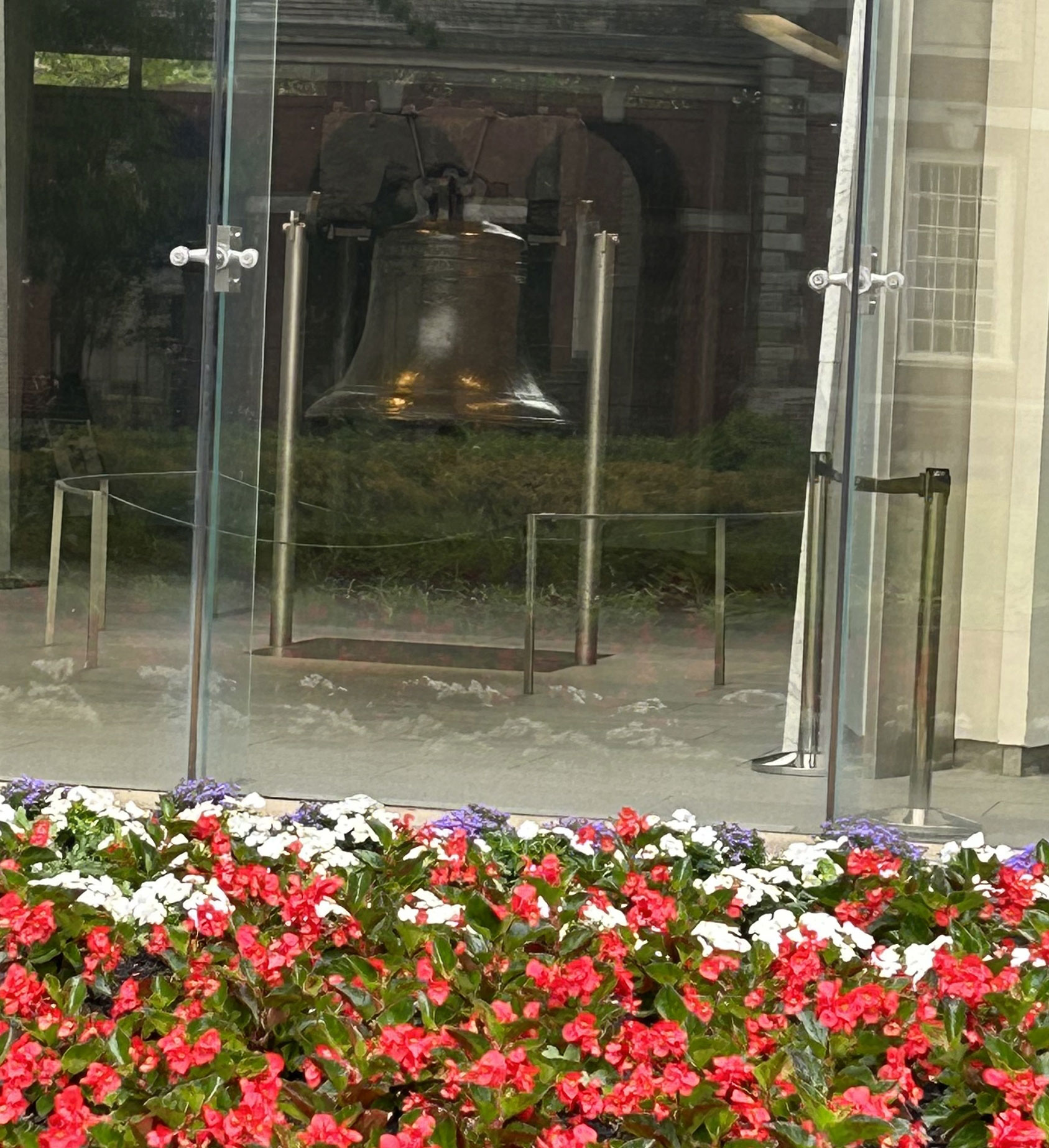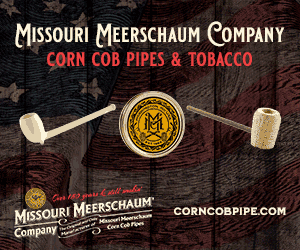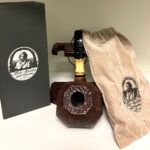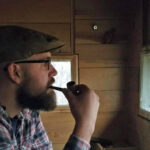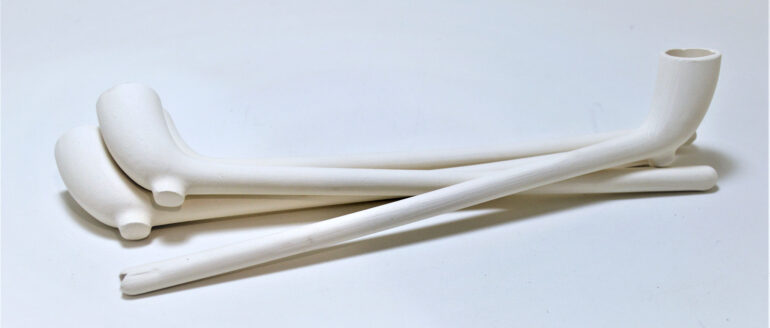
June was a busy month for Pundit in preparation for the nation’s 247th birthday and the fresh air of freedom and liberty for all.
A visit to historic Philadelphia satisfied a desire from old high school days. My little country school wasn’t able to enjoy those big senior trips to the nation’s famous cities.
Philadelphia has always been rummaging around in the back of Pundit’s mind. It has to do with the Founding Fathers and the audacity of those folk to break away from England, an act that set the tone of patriotism for all Americans then and now.
Philadelphia’s skyline is a jagged beauty of skyscraper designs and glass. Philadelphia at night is to dance in a wonderland of awe at such modern structural art.
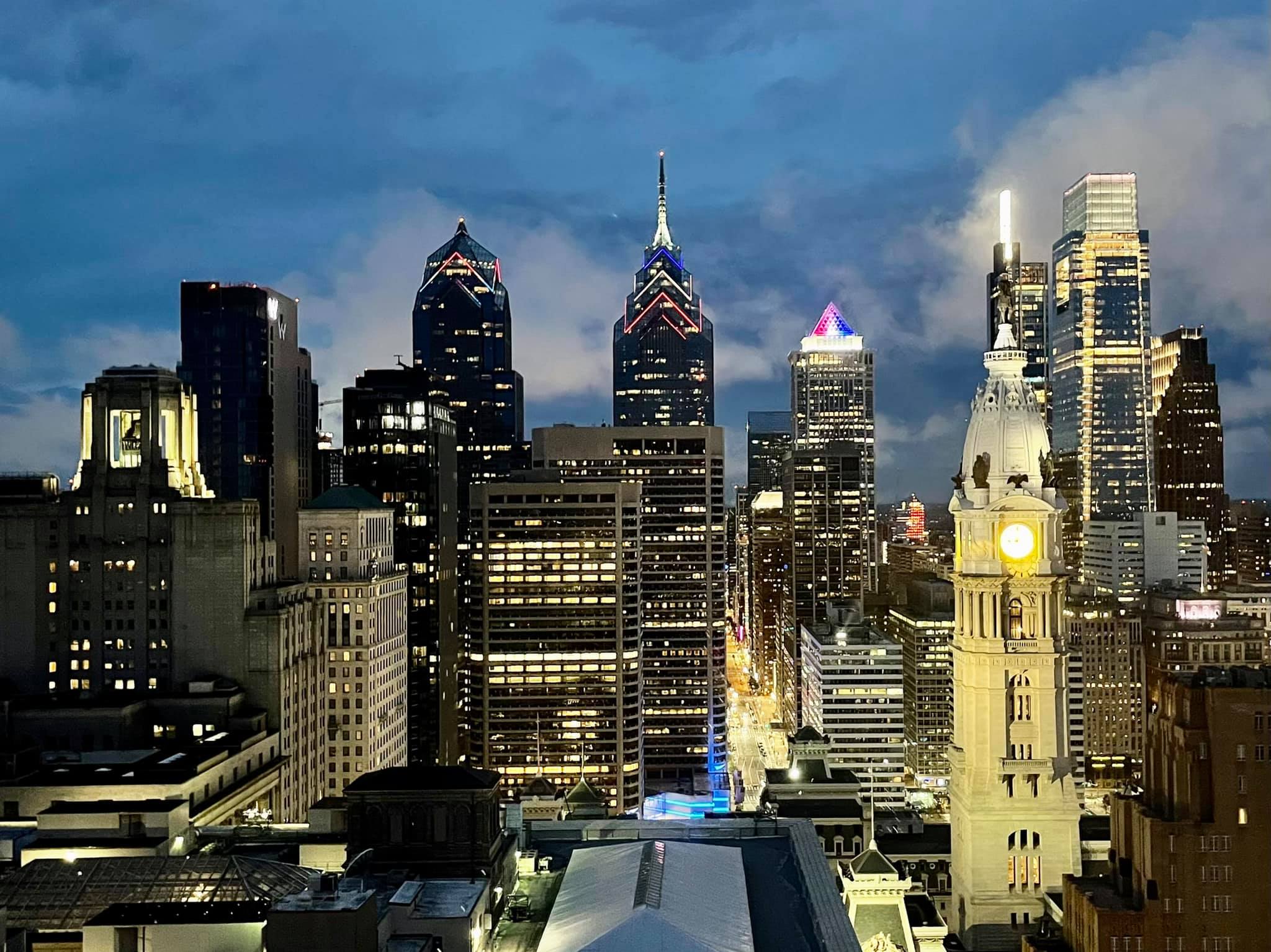
And now, hoping the center will hold and you will stay with the Pundit, here is the reason for such adoration.
Let’s just say this is one of those historical bucket lists trips you get to check off. Mine was an excursion to Philadelphia and its historic district.
The Pundit was over the moon with joy treading in some of the same footsteps as George Washington, Thomas Jefferson, John Adams, Benjamin Franklin, Alexander Hamilton, James Madison, and other Founding Fathers.
Just being inside Independence Hall, where the Declaration of Independence and the U.S. Constitution were proposed, written, debated, and approved, was simply exhilarating.
That’s the historic building, first known as the Pennsylvania State House, in which the Continental Congress appointed Washington Commander in Chief of the Continental Army on June 19, 1775.
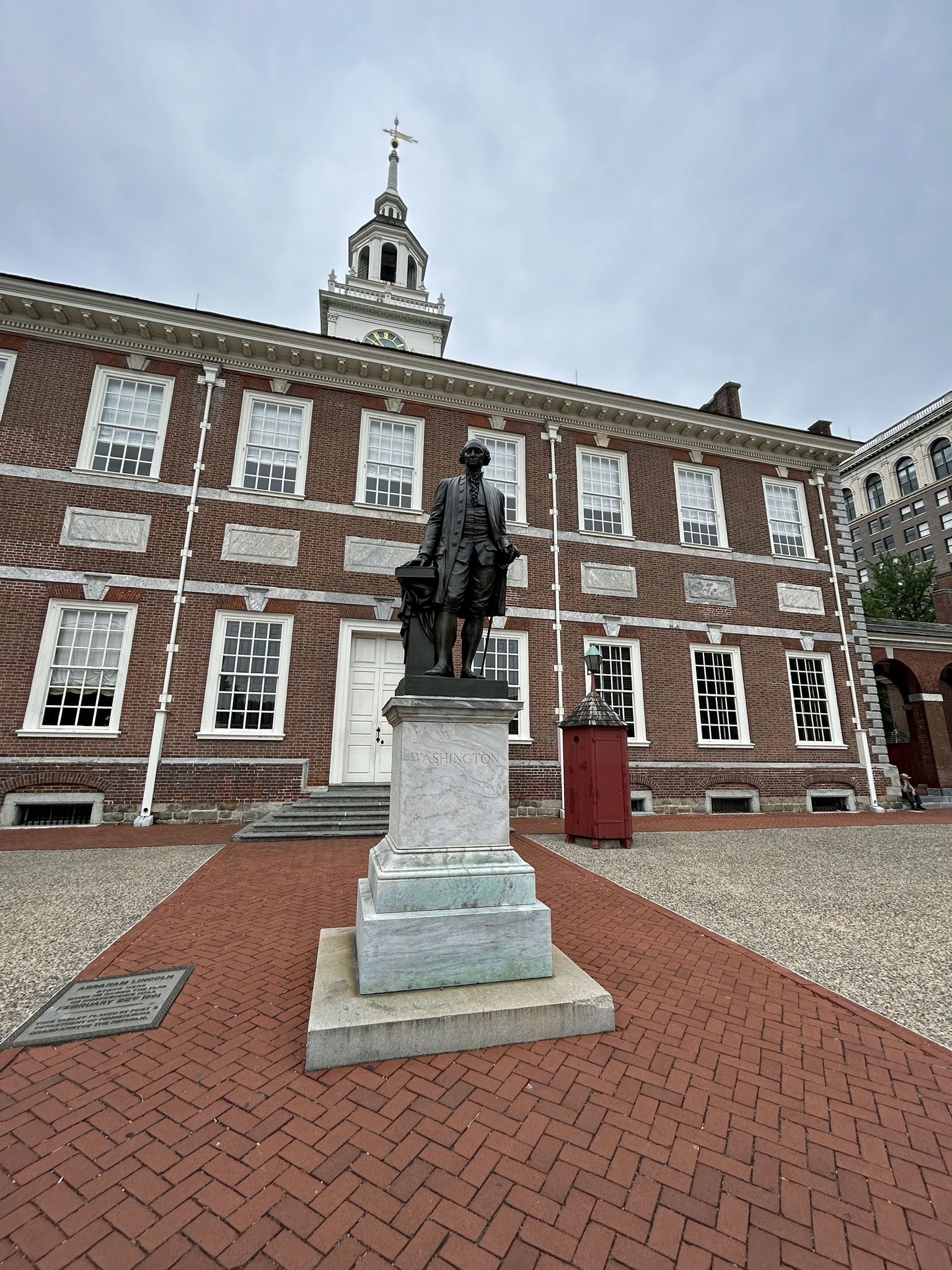
He faced the tough task of confronting England, the world’s greatest military force.
Huddling into Independence Hall with a gaggle of tourist, suddenly I saw it, looming larger than I thought it would be: the famous armchair from which Washington observed and presided over the proceedings during the Constitutional Convention’s writing, debating, and eventual passing of the U.S. Constitution in 1787.
The stately, and well varnished Chippendale, created in 1779 by John Folwell, still seemed to command respect and order, its stunning “Heralding Sun” painting still lovely despite the passage of time.
Franklin took care to describe this small, but significant painting as featuring not a setting sun but rather a “rising sun.”
An explanation on the National Park Service Museum Collection website and another version on the Mount Vernon web explains Franklin’s concern.
“Washington watched over the convention from a chair that had a sun painted on the back of it. Benjamin Franklin was unsure during the convention of which direction the sun was going. As the constitution was being signed, Franklin was famously quoted as saying, ‘I have the happiness to know that it is a rising and not a setting sun.'”
Now, before you begin grumbling the Pundit has really lapsed into his dotage on you, what made me gaga over the history just related is so Americana. It is both America’s first breaths of freedom and perhaps a nod to the promise of a new important cash crop: the planting and selling of tobacco.
While staring about the Assembly Room in which the Founders dipped quill pens into silver inkstands (the ink was made of tannic acid and scraps of iron nails—let that sink in a moment) to sign those historical documents Pundit’s eye settled on another notable sight.
Right there on the surface of one of the replica tables, resting beside the inkstand and quill pen was a white clay pipe. Fresh in appearance, but vintage 1776, of course.
The short stem pipe was awaiting a Founding Father to pack the bowl with, say, some fresh tobacco leaf, and begin puffing as the proceedings of freedom and liberty unfolded.
It was a Eureka moment for me.
There on the table was not only proof the heroes of liberty grew tobacco but smoked pipes as well.
Yes, pipe pals, the signers of liberty and freedom for all smoked their clay pipes. At least history does record many of the Founding Fathers were tobacco farmers and also liked to smoke their tobacco before selling it to Great Britain.
Let that little bit sink in as well: first war and independence, then turning to the tobacco trade with Great Britain. The colonies under General Washington had defeated King George III’s military and was now ready to move forward in the brave new world.
Not to push this too much further, but this amazing trip back in time was just a real minute for Pundit, a history lover, to be in the presence of the nation’s beginnings.
Now for a pipe smoker of the past: Naturally, American poet and Pulitzer Prize Winner Carl Sandburg is fitting here.
Sandburg, who penned themes of the heart and soul of America, was born Jan. 6, 1878, in Galesburg, Ill., and died July 22, 1967, at his home in Flat Rock, N.C.
Sandburg won three Pulitzers, two for poetry and one for his biography of Abraham Lincoln.
President Lyndon Johnson addressing a memorial service at the Lincoln Memorial on Sept. 7, 1967, in Washington, D.C., said, “Carl Sandburg was more than the voice of America, more than the poet of its strength and genius. He was America.”
And a quote from the famed poet, historian, and author, who not only loved his pipe but cigars as well:
Nothing happens unless first we dream—Carl Sandburg
Like the dream of independence, freedom, and pipes.
Pundit wishes to you and yours a joyous Fourth of July, as we acknowledge our nation’s founding and freedoms.
